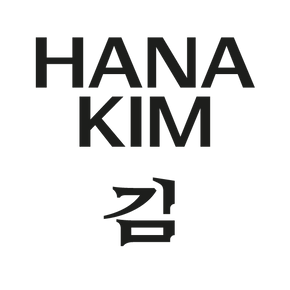Study shows problematic ties in Swiss gold trade
2020 a study was published, where also a certificate we rely on was criticised, so we felt like we have to take a stand on the issue and talk about it.
Switzerland is a major hub, when it comes to gold. The world's largest refinery is located in Ticino and 1/3 of the worlds precious metal market goes through Switzerland. Switzerland is a main player in the world precious metal market. Swissaid looked closer at the different institutions in Switzerland and found out, that regulations are minimal and even audits from third party institutions are often implemented very loosely.
Gold is environmentally very dangerous, since it is a highly chemical process to extract the gold. Often used chemicals are cyanide and mercury - both of them are a threat to the workers health and the environment. To work with the chemicals special training is needed and they must be disposed correctly. Gold is not just a hazard to the miners and the environment, it also fuels wars and conflict. Gold from criminal organisations has ended up and been bought by Swiss refineries numerous times. Gold is often hardly traceable and the banks and refineries don’t openly disclose their sources. These kinds of due diligence violations are mostly found out by NGOs.
Swissaid went down the rabbit hole and found out that Valcambi and also Argor Heraeus were buying gold from an Abu Dhabi based supplier, which was very controverse. The supplier had well known ties to Sudan, a military state. It was well known, that the mines were controlled by armed militia. Although there was even a statement from the UN declaring the problematic ties from Abu Dhabi based Refinery Kaloti to militia in Sudan, the two Swiss based companies kept on buying gold from Kaloti.
And here’s where our certification comes into play: The world’s most acknowledged standard is the LBMA in London, it made a lot of efforts in the last couple of years. According to the OECD only 50% of the due diligence steps proclaimed by the OECD were met by the members of the LBMA by 2016 - two years later it was 96% in 2018. Nevertheless the mentioned refineries above were also certified by the LBMA.
It is important to know, that we are at the very beginning when it comes to traceable and sustainable gold, which is economically relevant. Somehow for solid gold there are numerous sustainable options, but the gold used in plating can be more problematic, that’s why we chose to work exclusively with LBMA and RJC (Responsible Jewellery Council) certified partners.
Amidst the findings of the study we are relieved, that we work with double certified partners, on the one hand by the LBMA and on the other by the RJC (Responsible Jewellery Council).
And along the way we are realizing sustainability isn’t an easy answer, it means raising a lot of questions. As a customer you are never buying the perfect sustainable product and also as a brand we are not able to develop the perfect sustainable product.
We are trying, constantly evaluating and most importantly asking questions.

